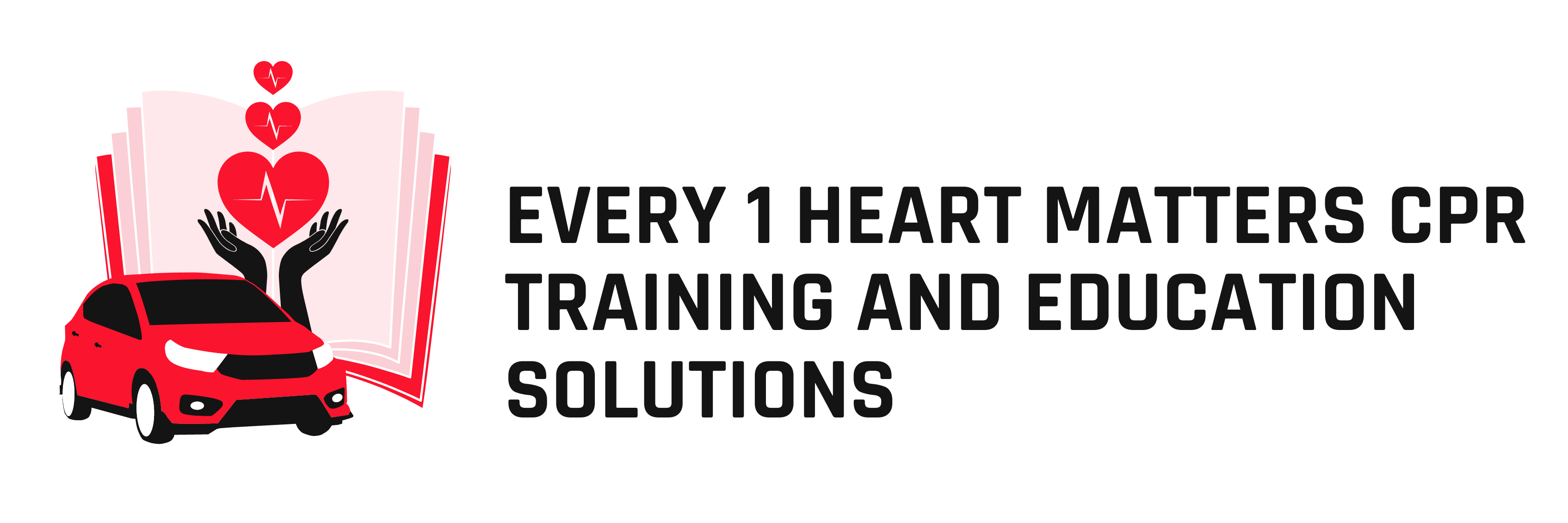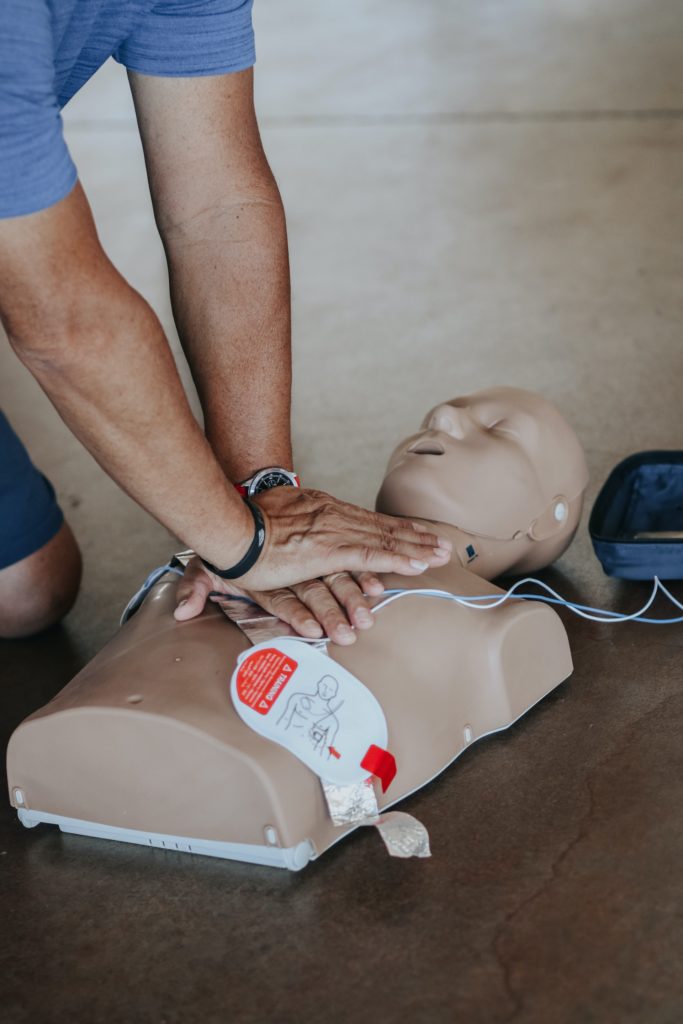ACLS is a critical training course that focuses on advanced interventions and techniques for managing cardiac arrest, stroke, and other life-threatening cardiovascular emergencies. Our ACLS training service is tailored to meet the needs of medical professionals, including physicians, nurses, paramedics, and other healthcare providers.
At Every 1 Heart Matters, we understand the crucial role that healthcare professionals play in saving lives. Our highly qualified instructors, with extensive experience in emergency medicine, deliver engaging and interactive training sessions. They cover essential ACLS concepts, including the importance of early recognition and intervention, effective team dynamics, advanced airway management, and the use of medications and electrical therapy. By participating in our ACLS course, you will enhance your ability to provide timely and effective care, contributing to improved patient outcomes and increased survival rates.



